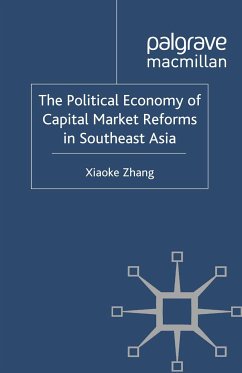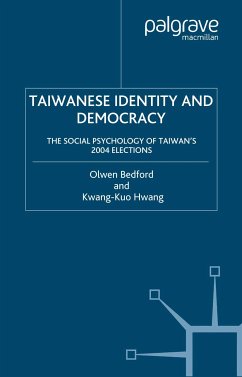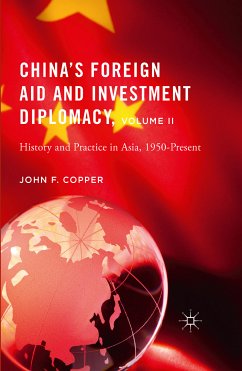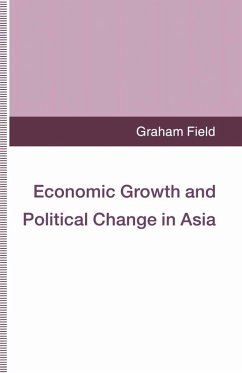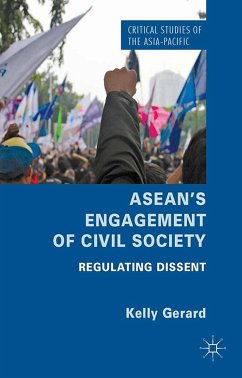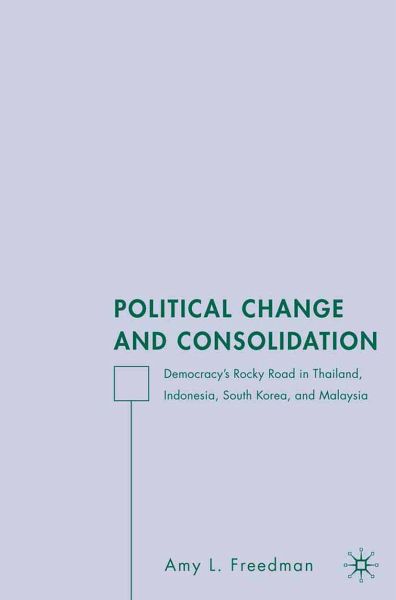
Political Change and Consolidation (eBook, PDF)
Democracy's Rocky Road in Thailand, Indonesia, South Korea, and Malaysia
Versandkostenfrei!
Sofort per Download lieferbar
40,95 €
inkl. MwSt.
Weitere Ausgaben:

PAYBACK Punkte
20 °P sammeln!
This book explores the varying reactions to the political turmoil in Asia in the late 1990s by looking at external pressures from global actors (the IMF and US security policy), popular protests, the nature of the opposition, and elite coalition formation/dissolution at the highest levels of government.
Dieser Download kann aus rechtlichen Gründen nur mit Rechnungsadresse in A, B, BG, CY, CZ, D, DK, EW, E, FIN, F, GR, HR, H, IRL, I, LT, L, LR, M, NL, PL, P, R, S, SLO, SK ausgeliefert werden.




